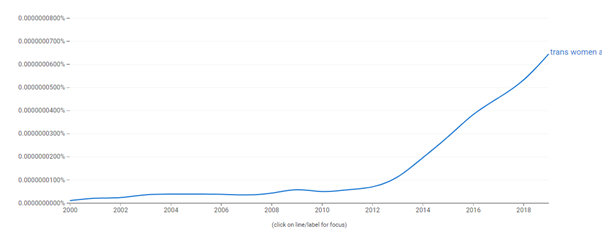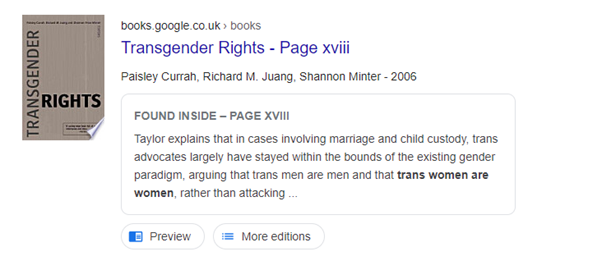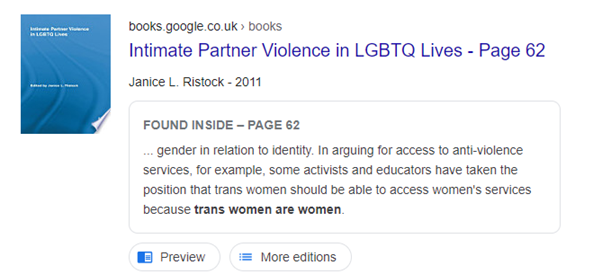
1/ Thanks to @BBCr4today for having me on to discuss data collection on sex and why it matters. This follows the extraordinary claim by Scotland's Chief Statistician, Roger Halliday, that sex should typically not be asked unless there is a medical reason.
2/ In fact, those of us who use quantitative data overwhelmingly believe that sex is important. It matters across a wide range of domains: education, wages, crime, political attitudes, religion - you name it, sex is almost always a big predictor!
3/ Sex and gender identity are two different things, and gender identity is not a clarly defined concept. Ciaran McFadden Young (who is not a quantitative social scientist as far as I can see) claimed that sex doesn't matter, effectively it is always trumped by gender identity.
4/ This is a remarkable claim, but it is a testable claim, if we collect data on both sex and gender identity. If we can't collect the data, then we will never be able to test this hypothesis. And perhaps that's the point.
5/ Ciaran also claimed that is has been proven that post-transition MtF transwomen earn the same as women.It was frustrating not to have a chance to challenge this claim, which I find implausible. I'd be very interested to see the research referred to @dr_ciaran
6/ Finally, a point I didn't get a chance to make: public bodies have changed their data collection practices in response to lobbying by organisations such as Stonewall, who have also lobbied for the removal of sex as a protected characteristic under UK law.
7/ They have not actively consulted the community of quantitative social scientists who use data to understand social problems and social trends. In fact they have disregarded our views. This risks bringing public statistics into disrepute.
Listen from around 1.50 bbc.co.uk/sounds/play/m0…
A tiny correction: I was introduced as being from the @ucl Sociology department. In fact I am at the UCL Social Research Institute @UCLSocRes . (UCL doesn't have a Sociology department in fact).
If you want to read more on sex, gender identity and data collection: tandfonline.com/doi/abs/10.108…
And if you'd prefer to watch/listen:
• • •
Missing some Tweet in this thread? You can try to
force a refresh





